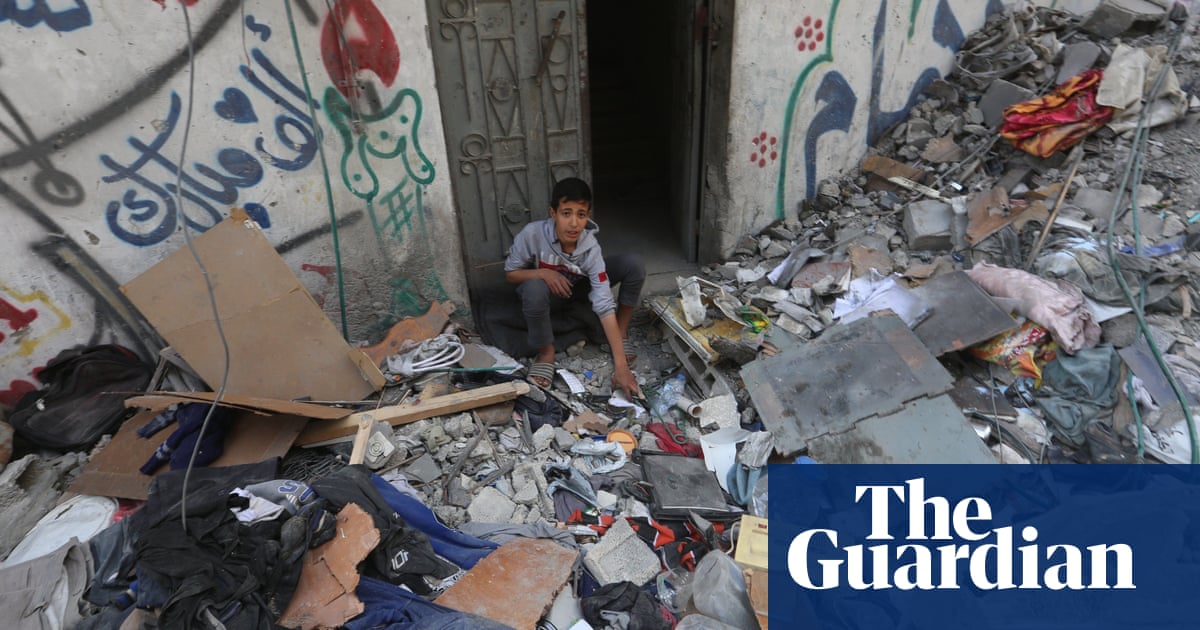JERUSALEM (AP) — A Gaza-bound aid boat, featuring Greta Thunberg and other activists, docked in Israel on Monday after being intercepted by Israeli forces. This action enforced a long-standing blockade on the Palestinian territory, which has intensified during the ongoing Israel-Hamas conflict.
Upon arrival at Ashdod, the activists were subjected to medical checks and were expected to be held in detention before being deported. The group, organized by the Freedom Flotilla Coalition, aimed to highlight Israel’s military actions in Gaza, which have caused widespread destruction and heightened the risk of famine for the region’s roughly 2 million Palestinians.
The coalition stated that the activists were "kidnapped" while trying to deliver essential supplies, including baby formula and medical aid. They criticized the boarding as unlawful, claiming Israel had no legal right to seize the ship in international waters about 120 miles from Gaza.
Israeli officials dismissed the mission as merely a public relations move. They argued that the aid on the boat was minimal compared to the approximately 1,200 truckloads of assistance the country has provided in recent weeks. Government spokesperson David Mencer stated, “This wasn’t humanitarian aid. It’s Instagram activism.”
Despite this, humanitarian agencies warn that the ongoing blockade threatens food security in Gaza. During a ceasefire last March, around 600 trucks of aid entered daily, highlighting the stark difference between past support levels and the current situation.
Last month, a previous attempt by the Freedom Flotilla to reach Gaza ended in failure when their ship was attacked by drones in international waters. Activists believe this incident points to a pattern of aggression aimed at suppressing aid efforts.
Human rights groups, including Adalah, have called Israel’s actions a violation of international law. Rima Hassan, a French member of the European Parliament and one of the activists onboard, has faced bans from entering Israel due to her outspoken stance on Palestinian rights. French President Emmanuel Macron has since called for the repatriation of the detained French citizens and emphasized the need for an immediate ceasefire.
Meanwhile, the blockade of Gaza, in place since Hamas took control in 2007, remains a contentious issue. Critics argue it punishes the entire population while Israel maintains it is necessary for national security.
According to the Gaza Health Ministry, the current military campaign has resulted in over 54,000 Palestinian deaths, leading to significant destruction and displacement. About 90% of the population is now reliant on international aid.
As the situation continues to evolve, calls for renewed negotiations for a lasting ceasefire are increasingly urgent. The hope is to find a diplomatic resolution that addresses both humanitarian needs and long-standing political disputes.
For more insights on the Israel-Palestine conflict, refer to the United Nations reports on humanitarian aid efforts and political developments.





![Unmasking Joe: Penn Badgley’s ‘You’ Shocking Finale Reveals the True Face of a ‘F—ing Monster’ — [SPOILER] Makes a Dramatic Return! Unmasking Joe: Penn Badgley’s ‘You’ Shocking Finale Reveals the True Face of a ‘F—ing Monster’ — [SPOILER] Makes a Dramatic Return!](https://i0.wp.com/variety.com/wp-content/uploads/2025/04/Penn-Badgley-Joe-Goldberg-You-S5.png?crop=0px%2C3px%2C1000px%2C562px&resize=1000%2C563&w=480&resize=480,480&ssl=1)















